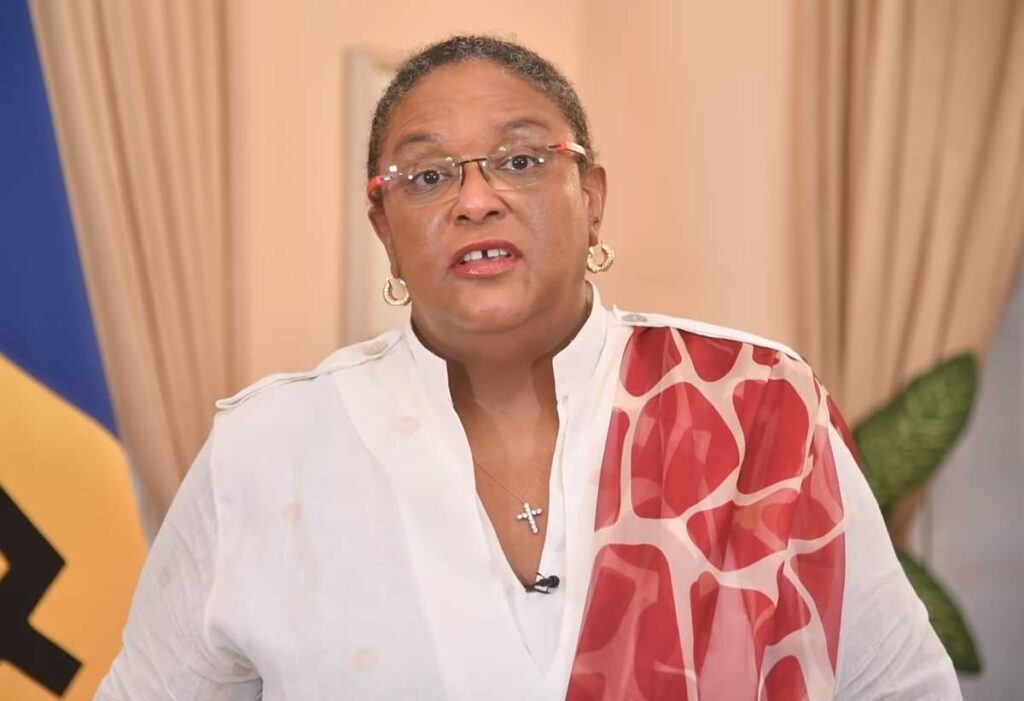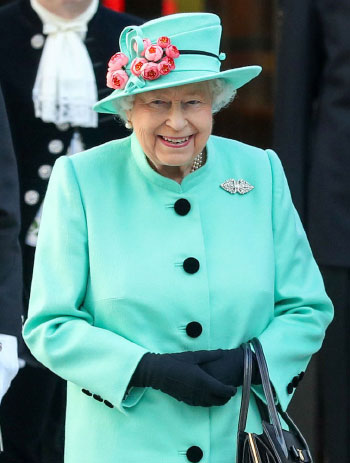As the Caribbean (cautiously) take its place in 2022, I have given much thought to the political and current affairs headliners of 2021, which could claim top spot. COVID (II) has taken its permanent place as an important backdrop to everything else (at least) for the foreseeable future. Barbados and its media-savvy Prime Minister deserve mention as a top contender because of: their snap elections after less than 4 years in office; and the removal of Queen Elizabeth (II) as Queen of Barbados.
I have always been skeptical of window-dressing maneuvers such as replacing a titular head of state (queen or king) with a similarly titular president as head of state. Last year, (to mark its 55th anniversary of independence, Barbados appeared to do just that, making it, 1 of a few countries in the Caribbean civilization with the “courage” to do such a thing.

To her credit, when Ms. Mottley became Prime Minister, she said she would move Barbados from being a monarchy, to a republic and she did. Jamaica’s first female Prime Minister, Mrs. Simpson-Miller said she would, but she failed. The late Sir Lester Bird (and others) mused about it but failed.
God knows, if there was ever a time when some sort of political and constitutional window-dressing was needed, it was in the case of Barbados. Historians seem to suggest, that the island was used to hone the worst excesses of the British slave economy. So brutish and murderous was the life of Barbadian plantation slaves, that the average life span of a slave on the island was less than 20 years.
To add white insult to black injury, more recently, one of the grandsons of Queen Elizabeth II and his wife, appeared to have told the world, that the British royal family harbours racist aggrandisements. So much so, that the young white prince and his mixed-race wife, may have thought it best to place themselves in a kind of “royal exile ” an ocean and a continent away from the royal household. In the circumstances, imagery of a white head of the British royal household, presiding as Queen of the majority black Barbados, always appeared repugnant and repudiative at best. Therefore, the island resorting to the latest round of constitutional window-dressing, in the Caribbean civilization, is (perhaps) understandable recoil.

Elizabeth (II) The former queen of Barbados, is a quite resilient testimonial, to the survivability of British royalty, notwithstanding its suggested, racial and ethnic flaws. Her Majesty should be admired for taking and preserving such a strong centrist position on behalf of the modern royal household, with all its alleged shortcomings in the direction of black and brown peoples. So, it was nice to see Prince Charles cheering on the Barbadians, as they made another modest adjustment in their constitutional set-up. People who are more centrist and (perhaps) left of centre, in their world view, may (cautiously) allow themselves, to believe that British royalty may be better disposed to embrace the kaleidoscope of skin colour, which ingratiates the range of human civilizations, when Prince Charles is King.
Back to our reality in the Caribbean – Barbados having removed Elizabeth (II) as its Queen (albeit in a half-hearted way) is no excuse for the continued pussy-footing (on again- off again) approach to bringing the decolonization process (in the Caribbean civilization) to an ethnically inclusive and constitutionally independent conclusion. This kind of creepy-crawly and duplicitous approach (boldly celebrating political independence but afraid of constitutional liberation) is a disturbing affront to the dignity of a Caribbean people. So courageous and gifted yet, lacking in equally courageous and gifted constitutional leadership. Mental slavery will dissolve with time, when the constitutional trappings which help to hold it in place, are taken down and consigned to the rarefied archives of history.
For what it is worth, it might not cost a cent more (in real terms) if a single general elections is used to elect: President, Senate, House of Representatives and Parish Development Commissioners. In such an instance, we should interpret the results proportionally to elect President, Senate and Parish Commissioners. While continuing to use the First Past the Post results to elect the House. In those days, our Caribbean State Presidents and parliamentary senators will have their authority grounded in the will of the people. Elected senators will reflect the proportion of votes received by their parties and not the current inequitable numerical abstractions, concocted by the (long ago) architects of our imitation West Minster constitutions.
Tangentially, come January 19th, Will the Barbadian elector further consolidate an emerging brand of “parliamentary dictatorship”? (A byproduct of our constitutional machinations) Or will the people restore meaningful opposition politics to their honorable house?.
Walk good.
By Arvel Grant, Political and current Affairs Analyst
(Read more of Arvel’s analytical pieces on arvelgrant.com and arvelgranttoday@facebook.com)













